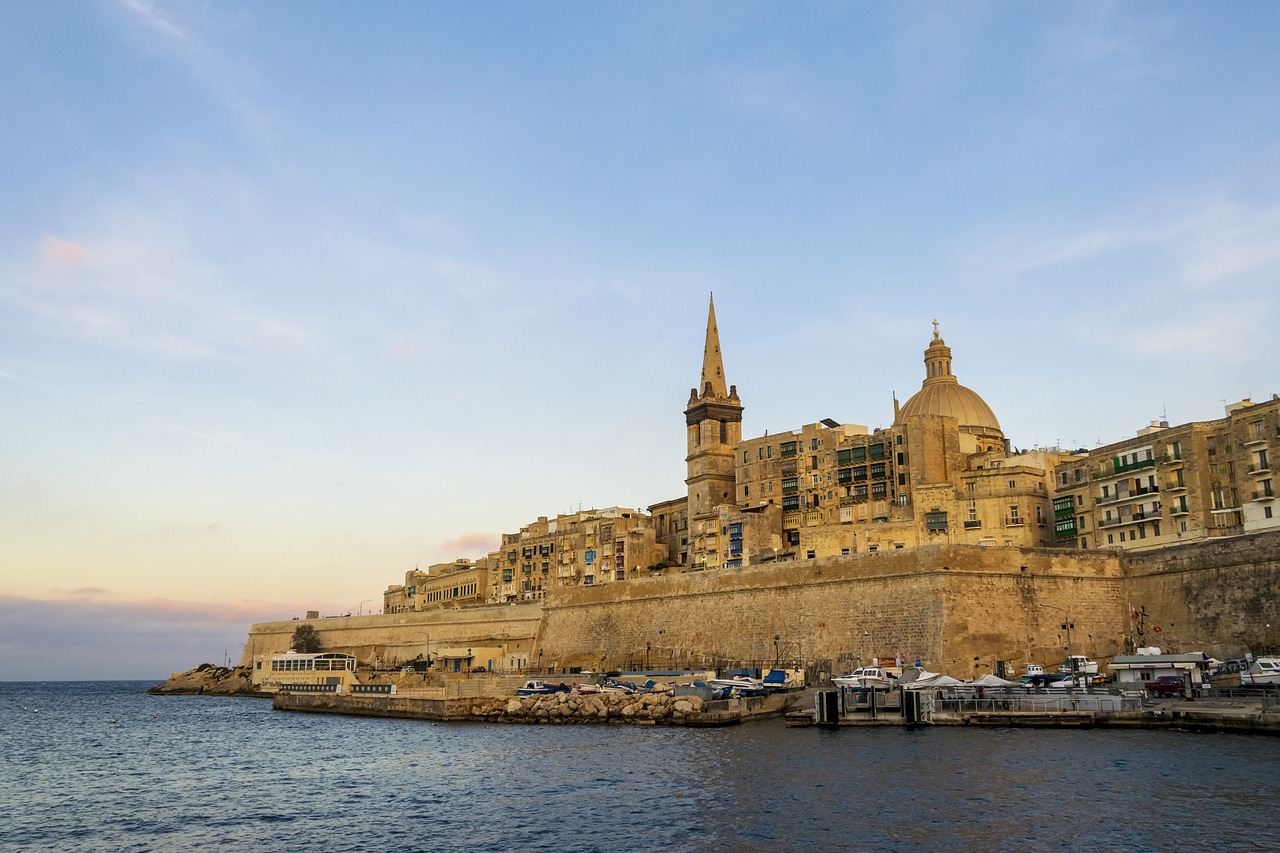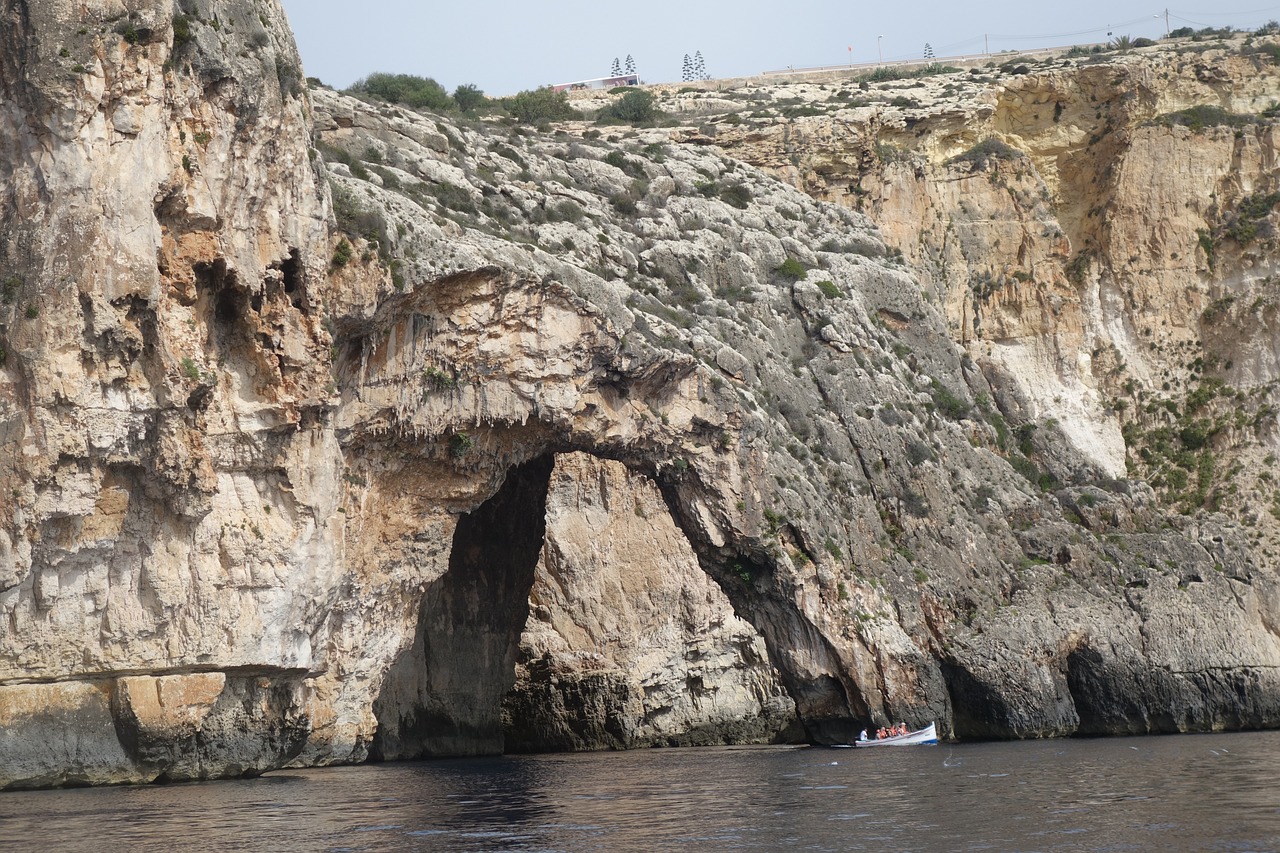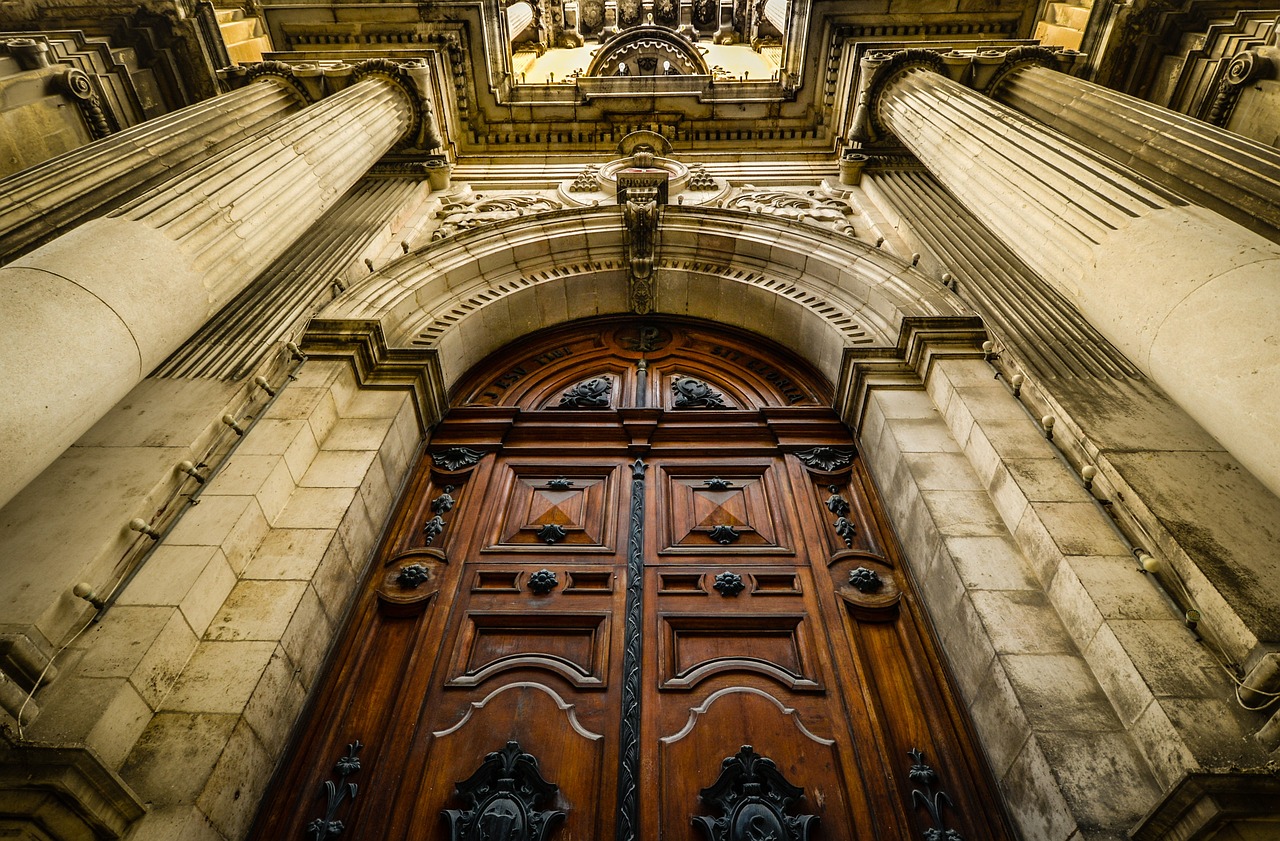Cost of Living in Malta: A Detailed Breakdown for Digital Nomads
Malta, a small archipelago in the Mediterranean Sea, has become an increasingly popular destination for digital nomads seeking a unique blend of history, culture, and natural beauty. Before making the move, it’s important to have a comprehensive understanding of the cost of living in Malta. This detailed breakdown will provide you with all the information you need to plan your budget and make informed decisions.
Introduction
Malta offers a high standard of living and a favorable climate, attracting digital nomads from around the world. The archipelago consists of three islands: Malta, Gozo, and Comino. The official languages are Maltese and English, making it an English-speaking country. With its rich history, stunning architecture, and crystal-clear waters, Malta offers a unique backdrop for remote work. However, it’s essential to consider the cost of living to ensure your budget aligns with your lifestyle choices.
Accommodation
Malta provides a range of accommodation options to suit different budgets and preferences. Whether you prefer a modern apartment or a traditional house, there are options available throughout the islands. Some popular areas for digital nomads include Sliema, St. Julian’s, and Valletta.
- Rental Apartments: A one-bedroom apartment in a central location can cost around €800-€1,200 per month. Prices may vary depending on the size, location, and amenities.
- Shared Accommodation: Sharing an apartment with other digital nomads can significantly reduce costs. Expect to pay around €400-€700 per month for a room in a shared apartment.
- Short-Term Rentals: If you prefer flexibility, short-term rentals are available through platforms like Airbnb. Prices range from €40-€100 per night, depending on the location and season.
Transportation
Getting around Malta is relatively easy, with a well-connected public transportation system and various private options.
- Public Transport: The public bus system is the most affordable way to travel around the islands. A single journey costs €1.50, while a weekly pass costs around €21.
- Taxi Services: Taxis are available throughout Malta, and fares are metered. A typical 10-minute taxi ride costs approximately €10-€15.
- Rideshare Services: Popular rideshare platforms like Bolt and eCabs operate in Malta, providing convenient and cost-effective transportation options.
Groceries and Dining Out
When it comes to food, Malta offers a wide variety of options, from local markets to international supermarkets and restaurants.
- Groceries: A weekly grocery shop for one person can cost around €30-€50, depending on your dietary preferences and shopping habits.
- Local Cuisine: Trying traditional Maltese dishes is a must, and you can find affordable options at local eateries. Expect to spend €10-€15 for a meal at a mid-range restaurant.
- International Cuisine: Malta also has a diverse range of international restaurants. Dining at a higher-end establishment can cost around €30-€50 per person.
Utilities
Utilities in Malta are generally affordable, but costs can vary depending on your usage and location.
- Electricity: The average monthly electricity bill for a small apartment is around €50-€70.
- Water: Water bills are relatively low, averaging around €20 per month.
- Internet: High-speed internet is widely available in Malta, with monthly plans ranging from €30-€50.
Entertainment and Leisure
Living in Malta provides ample opportunities for entertainment and leisure activities.
- Museums and Galleries: Entrance fees to museums and galleries range from €5-€10, with discounted rates for students and seniors.
- Outdoor Activities: Enjoying the beautiful beaches and exploring the natural landscapes is often free or requires a small entrance fee to popular sites.
- Nightlife: Malta has a vibrant nightlife scene, with bars and clubs catering to various tastes. A night out can cost around €20-€50, depending on your preferences.
Healthcare
Healthcare in Malta is of a high standard, with both public and private options available.
- Public Healthcare: Maltese citizens and residents have access to public healthcare services, which are funded through taxes and social security contributions.
- Private Healthcare: Private healthcare facilities offer faster access and a wider range of services. Costs vary depending on the treatment, but consultations typically start at around €50.
- Health Insurance: It is advisable to have health insurance coverage while living in Malta. Prices vary depending on the coverage and provider.
Education
Malta has a well-established education system, with a range of options for families and individuals.
- Public Schools: Public schools in Malta are free for residents, providing education in both Maltese and English.
- Private Schools: Private schools offer alternative educational approaches and may have tuition fees ranging from €5,000-€15,000 per year.
- International Schools: Malta has several international schools that cater to expatriate families. Tuition fees can range from €10,000-€20,000 per year.
Conclusion
Malta offers digital nomads a unique and attractive destination with a diverse range of experiences. By understanding the cost of living in Malta, you can plan your budget effectively and make the most of your time on the islands.
References
- timesofmalta.com
- visitmalta.com
- maltairport.com
- publictransport.com.mt
- boltnow.com
- ecabs.com.mt
- airbnb.com
- supermarket.com.mt
- restaurantassociation.com.mt
- maltamuseum.com
- health.gov.mt
- education.gov.mt
Malta Image 1:

Malta Image 2:

Malta Image 3:


